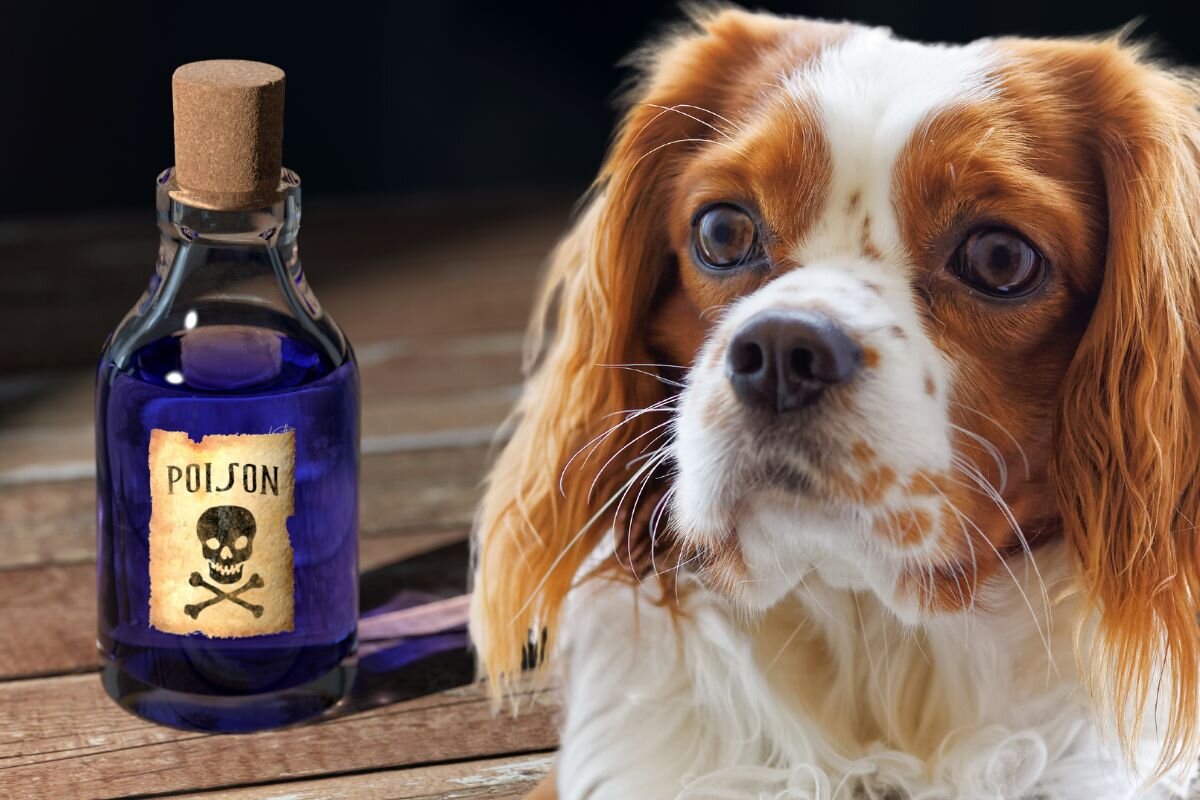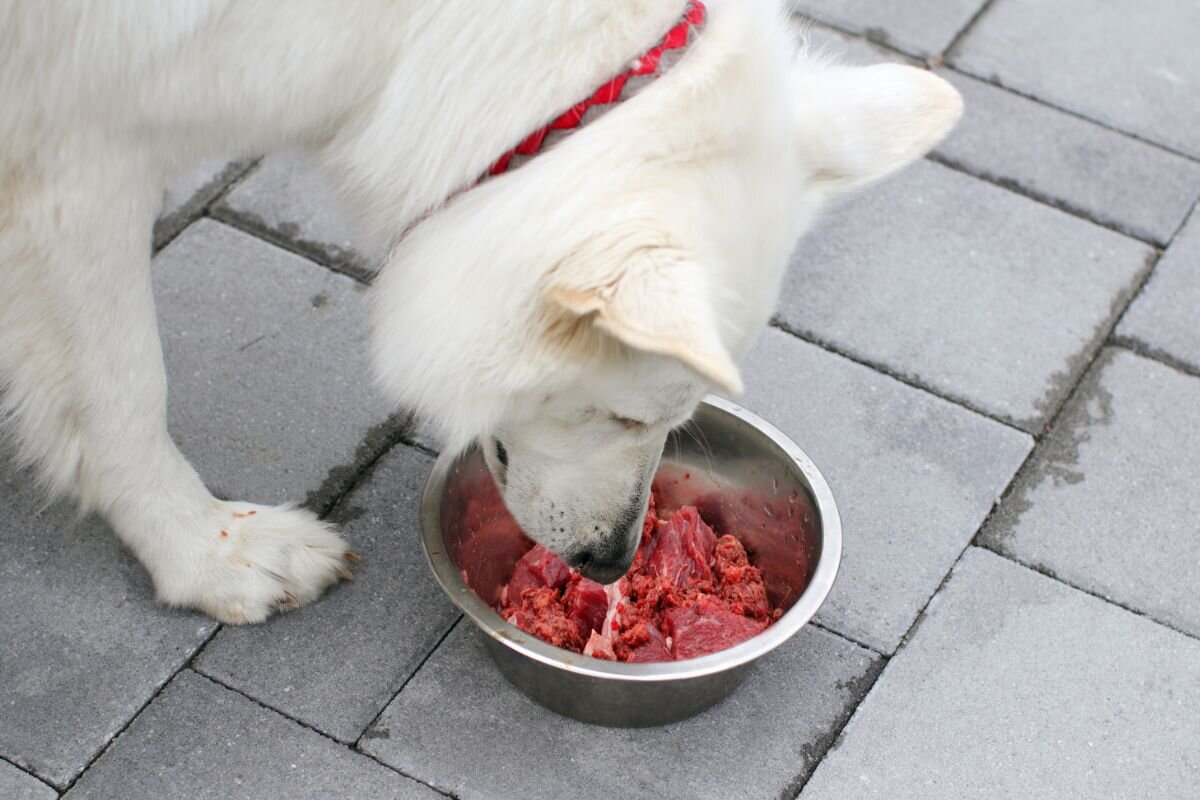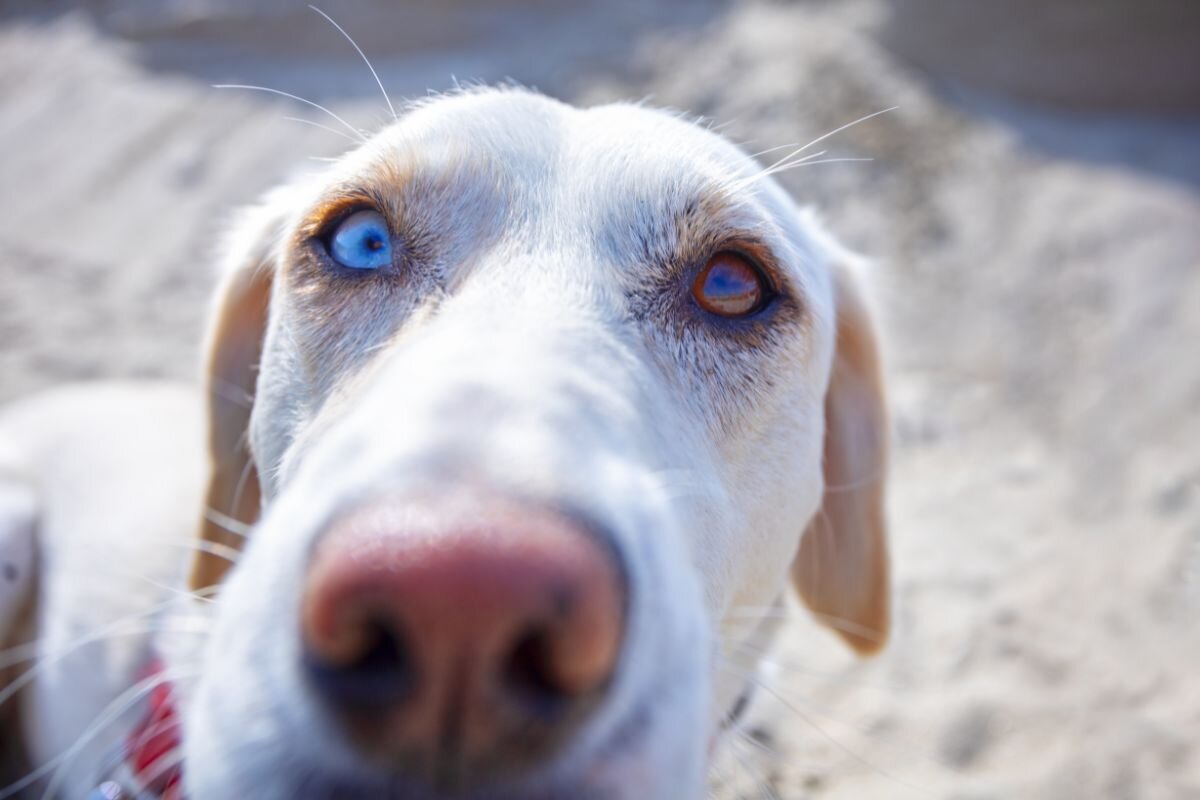Even the most responsible pet owners can face this situation. You turn for a second, and your dog is already snacking on chocolate. We simply do not realize how determined our pets are to eat things they shouldn't.
Out of more than 180,000 cases reviewed by the American Society for the Prevention of Cruelty to Animals (ASPCA) in 2013, the majority involved dogs swallowing human medications. Surprisingly, many owners simply leave medications on the kitchen table, where their pets can easily reach them. Even medications like ibuprofen can be a serious problem because they have a sweet coating. It's like candy to dogs.
Here is a list of common toxins for pets that you should definitely take note of. It is certainly not exhaustive, so consult a veterinarian for additional information on animal poisoning.
1. Batteries
Regular batteries can be toxic to both dogs and cats, causing ulcers in the mouth, esophagus, and stomach.
Toxicity level: moderate to severe.
2. Chocolate
Chocolate can cause seizures and death in dogs and cats. Dark chocolate, for example, is more toxic than milk or white chocolate.
Toxicity level: mild to severe.
3. Household Cleaners
Household cleaners and fabric softeners can cause ulcers in the mouth, esophagus, and stomach in dogs and cats. Laundry detergent pods, containing concentrated laundry powder packaged under pressure, can pose an even greater danger. Be vigilant, do not leave detergent pods in a place accessible to your dog.
Toxicity level: mild to moderate.
4. Ethylene Glycol
Ethylene glycol is found in antifreeze, windshield deicers, and motor oils. Its sweet taste attracts dogs and cats, but just one teaspoon for cats or small dogs can cause kidney failure. Recently, some antifreeze and engine coolant manufacturers have voluntarily agreed to add bitter agents to reduce the attractiveness of these products to pets.
Toxicity level: severe to deadly.
5. Fertilizers
Fertilizers may contain high levels of nitrogen, phosphorus, potassium, iron, zinc, herbicides, and pesticides. Keep dogs and cats away from treated lawns and garden beds until they dry out. Carefully read the product label, as some fertilizers must be washed off the lawn before walking on it.
Toxicity rating: mild to moderate.
6. Grapes
Grapes, raisins (grape juice) even in small amounts can cause kidney failure in dogs.
Toxicity level: moderate to severe.
7. Household Cleaning Products
Household cleaning products, such as bleach, drain and toilet bowl cleaners, can cause gastrointestinal ulcers and other problems in dogs and cats.
Toxicity level: varies.
8. Kerosene
Kerosene, gasoline can cause drooling, ataxia, and difficulty breathing in dogs and cats. If these products contain antifreeze, they become even more dangerous.
Toxicity level: mild to severe (potentially life-threatening).
9. Naphthalene
Naphthalene can be toxic to dogs and cats, causing vomiting, diarrhea, thirst, increased urination, and seizures.
Toxicity level: moderate to severe.
10. Medications
Over-the-counter medications, such as aspirin, can lead to ulcers, anemia, as well as liver and kidney failure in pets. According to ASPCA statistics, medications for heart conditions most often end up in the bodies of pets when pills are accidentally dropped on the floor or left accessible on the table. Even a small dose can lead to serious health problems.
Toxicity level: moderate to severe (potentially life-threatening).
11. Onions
Onions, garlic, leeks can be toxic to dogs and cats. Chewing or swallowing can cause anemia and gastrointestinal upset.
Toxicity level: mild to moderate.
12. Macadamia Nuts
Macadamia nuts, also known as Queensland nuts, can cause lethargy, vomiting, and coordination problems in dogs.
Toxicity level: mild to moderate.
13. Rodenticides
Rodenticides, such as mouse and rat poisons, may contain various toxins that affect dogs and cats differently. Some common ingredients, such as warfarin and coumarin, can cause blood clotting problems and bleeding.
Toxicity level: mild to severe.
14. Tobacco
Tobacco can be toxic to both dogs and cats. Ingestion of nicotine, found in tobacco leaves, such as in cigarettes, can lead to vomiting, tremors, collapse, and death.
Toxicity level: moderate to severe.
15. Raw Bread Dough
Raw dough can expand in the stomach. If the stomach twists, cutting off blood flow, urgent surgery is required. Yeast in the dough during fermentation can produce carbon dioxide, alcohol, etc., leading to convulsions and respiratory arrest.
Toxicity level: mild to severe.
16. Xylitol
Xylitol is a sugar substitute commonly found in chewing gum, mint candies, and toothpaste. In dogs, it can cause a dangerous drop in blood sugar and liver failure.
Toxicity level: mild to severe.
Be careful and take care of your pets!




